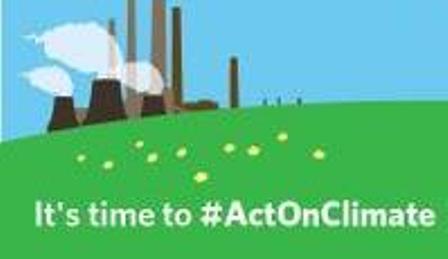In October 2018, Governor Cooper of North Carolina signed Executive Order 80 (https://files.nc.gov/ncdeq/climate-change/EO80–NC-s-Commitment-to-Address-Climate-Change—Transition-to-a-Clean-Energy-Economy.pdf), to address climate change and transition to a clean economy.
Part of the order established the Climate Change Interagency Council, which has been meeting and coordinating plans between all the state agencies for over a year. https://deq.nc.gov/energy-climate/climate-change/nc-climate-change-interagency-council
The executive order gave agencies a year to develop plans for transition. Last fall North Carolina published these plans:
Transitioning to clean energy: https://files.nc.gov/governor/documents/files/NC_Clean_Energy_Plan_OCT_2019_.pdf
Transitioning to zero emission transportation: https://www.ncdot.gov/initiatives-policies/environmental/climate-change/Documents/nc-zev-plan.pdf
Transitioning to a state fleet of clean vehicles: https://files.nc.gov/ncdeq/climate-change/interagency-council/EO-80-DOA-MF-ZEV-PLan–Final-.pdf
North Carolina also assessed its workforce and how prepared they are for the transition: https://files.nc.gov/ncdeq/climate-change/interagency-council/Clean-Energy—Clean-Transportation-in-NC-A-Workforce-Assessment-2019.pdf
Executive Order 80 and the plans that came from it serve as a model for all states. Please share them with your elected state leaders so we can have “all hands (or states) on deck.” Every state can do something similar, and in the Southeast with all our hurricanes, wildfires, and agriculture being affected by climate change, we know we need to work hard, now.





